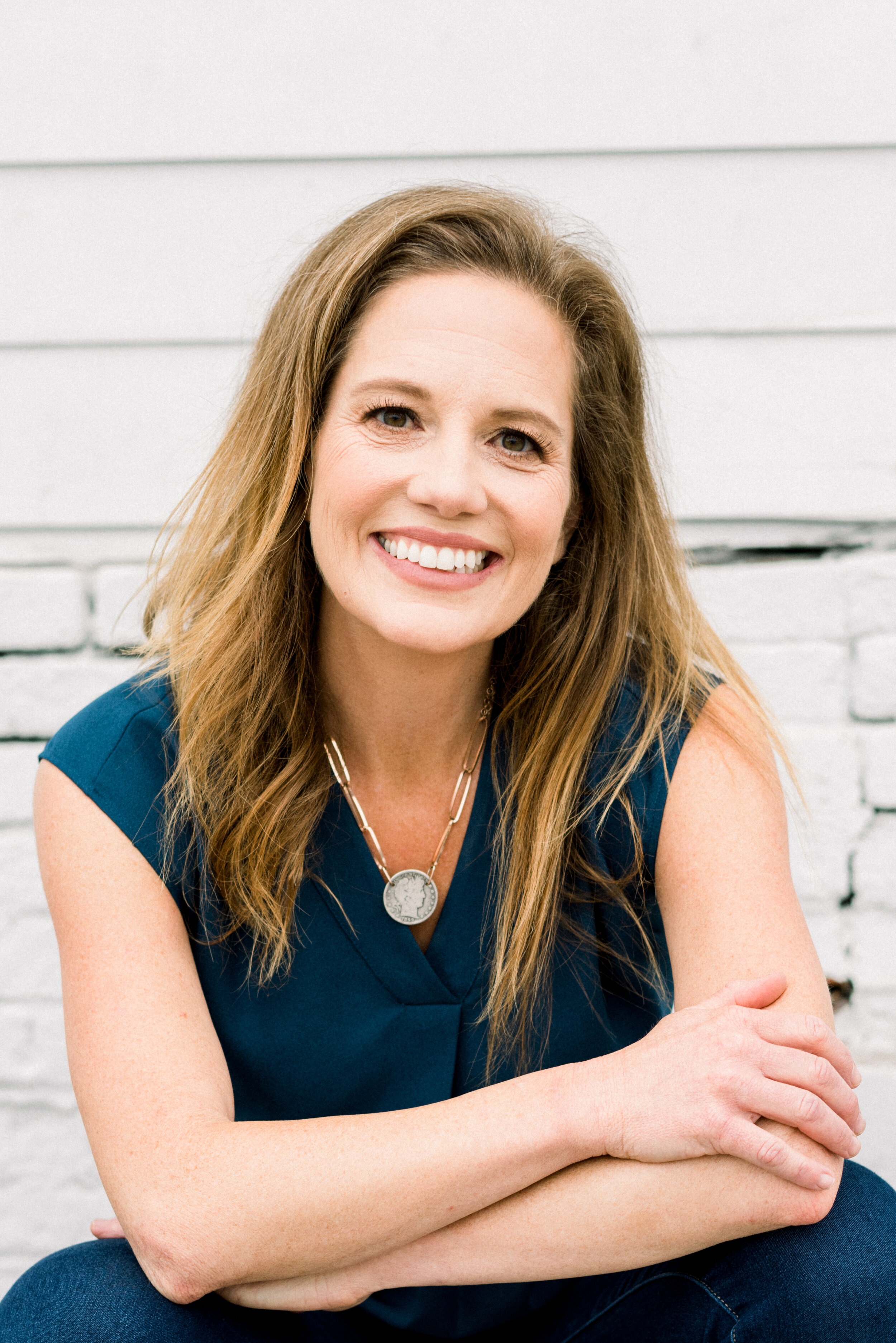First Responders
Clients who are first responders have told me that they had a hard time finding me. They were afraid of going to a therapist who didn’t get what it means to be a cop, a firefighter or a paramedic. The fear of seeing a therapist who didn’t get it held them back from getting help.
Years ago, before I was a therapist, I was a researcher and writer on a TV show called Third Watch about paramedics, police officers and firefighters in New York. My job was to immerse myself in the lives of first responders and listen to their stories and experiences on the job as potential storylines for the show. I did ride-alongs in New York, Los Angeles, Chicago, and Florida. I talked to and got to know hundreds of first responders from all over the country. I heard them tell their stories and got to know them and what the job meant to them. In the days and weeks following September 11, 2001, I became a safe place for a number of those first responders to download. Several of the first responders at the WTC that day were people I had met, interviewed, and spent time with. I wasn’t trained as a therapist at the time, but I listened the best I could as they struggled after their world was upended. I felt helpless, sad and scared with them -- I got a small glimpse of the very real trauma first responders face and have to manage in their work and at home.
My respect for first responders and the way they adapt physically and psychologically to the demands of the job is enormous. I know how difficult it is for many first responders to reach out for help. For some, disconnecting emotionally has been a survival skill that keeps them functioning at work yet creates walls in their relationships with loved ones. Others may feel traumatized by experiences on the job and struggle with how to go on. While everybody’s experience is different, I am grateful when I have the opportunity to work with first responders and get to learn and understand their struggles. I want to help.

